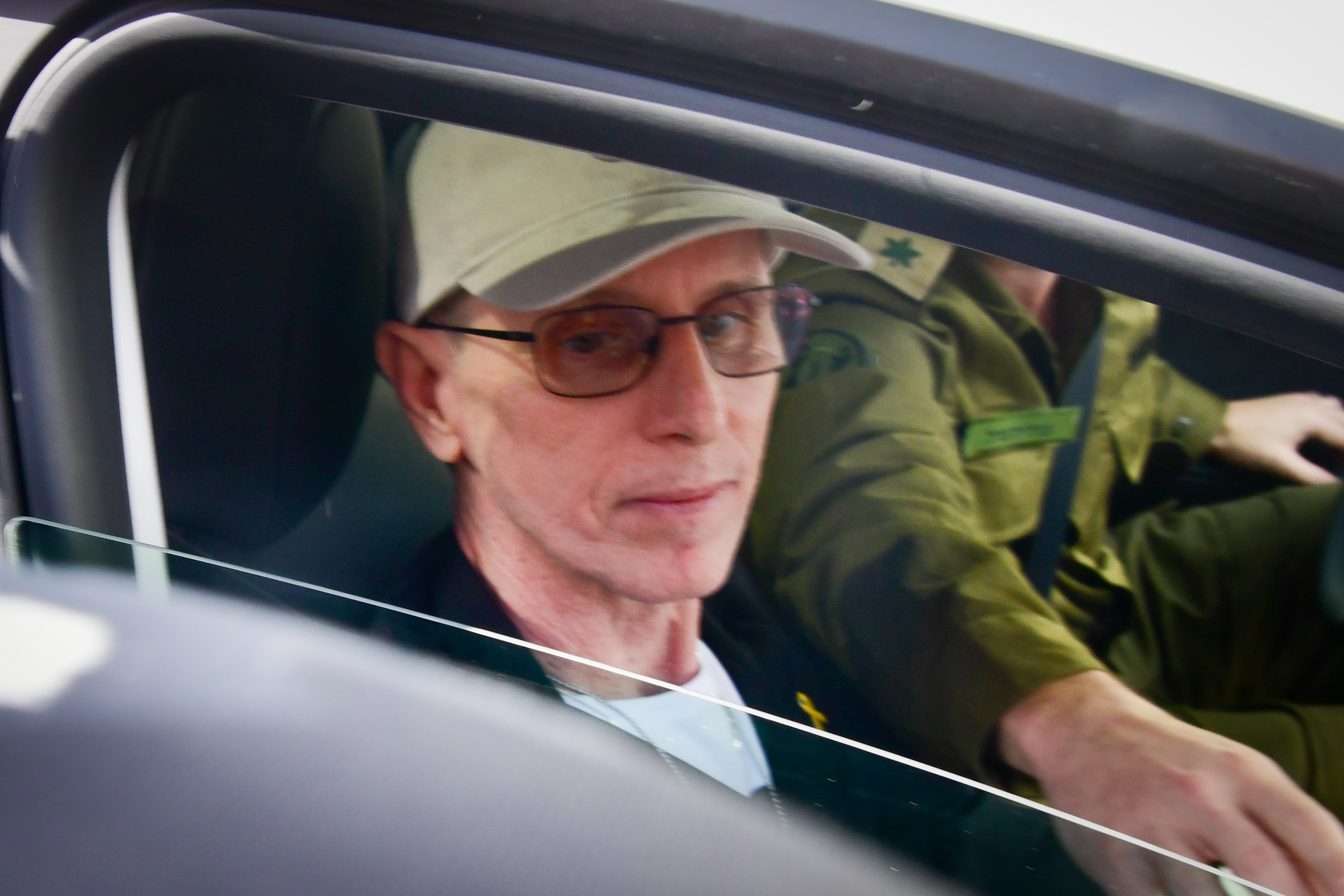"He lost 25kg and is battling pneumonia and severe flu in hospital" - Severe condition of the released hostages revealed
Following their release from captivity in Gaza, the returnees are facing severe health challenges as they begin the arduous process of rehabilitation. Dr. Michal Mizrahi, who oversees medical care for the captives at Ichilov Hospital, shared updates during a recent Knesset Health Committee meeting on the condition of four returnees: Keith Siegel, Gadi Moses, Yair Horen, and Ohad Ben Ami.

Dr. Mizrahi revealed that the captives are suffering from significant malnutrition, having lost at least 20% of their body weight, in addition to severe muscle and fat mass loss. The long-term effects of captivity are apparent, with many experiencing a dramatic decline in their physical functioning due to extended inactivity.
Despite these challenges, Dr. Mizrahi assured that there were no signs of refeeding syndrome, a dangerous condition that can arise from reintroducing food too quickly to malnourished individuals. However, she emphasized that the captives would need ongoing nutritional rehabilitation and continued care. She also highlighted the fact that treatment for underlying health issues during their captivity was inadequate or inconsistent, further complicating their recovery.
The Ministry of Health’s Dr. Hagar Mizrahi also addressed the importance of establishing connections with the Red Cross, whose medical assistance during the captives' time in Gaza has proven essential. She mentioned that a clinic specifically for the returnees has been opened in Kiryat Gat to support their recovery.
In addition to physical health, experts are closely monitoring the psychological and cognitive effects of captivity. Professor Hagai Levin from the Hostages’ Families Headquarters underscored the need for systemic monitoring of returnees, particularly in relation to dental health. He pointed out that prolonged malnutrition and lack of basic hygiene during captivity could lead to a host of issues, including heart disease and other chronic conditions. Dr. Levin also discussed the challenges of infectious diseases, noting that the captives may be immunocompromised due to their weakened state.
At Sheba Medical Center, the medical team is focused on addressing both the physical and mental needs of the captives. Lee Gat, Vice President of Strategy at Sheba, noted that the hospital’s experience with hostage recovery has proven invaluable in assessing the impact of prolonged captivity on returnees. Gat emphasized that time is of the essence, as each passing day without proper care takes a significant toll on their ability to heal and return to normal life.
Ofer Calderon, one of the returnees, lost 25 kg during his time in captivity. His uncle, Shimi Calderon, shared that Ofer was given minimal food, often consisting of rotten vegetables and small portions of bread and cheese. The lack of nutrition and proper care left Ofer in a weakened state, but with intensive treatment at Sheba, he is now slowly recovering from a severe flu and pneumonia. This comes after he was kept in isolation for a week following his release, unable to even see his children due to his condition. Doctors remained by his side day and night and today confirmed his health was improving.
Psychological support is equally critical in the rehabilitation process. Ofer's family has been grappling with the trauma of his captivity, including the emotional strain of not knowing what he endured. Ofer's daughter Sahar, who was reunited with him after his release, witnessed the extreme conditions he lived under, including a 484-day period without seeing daylight. The impact of these experiences is deep, and the family acknowledges that long-term treatment will be necessary for Ofer and others like him to heal.
In addition to these medical challenges, the families of the captives, including Einav Moses Orbach (daughter-in-law of Gadi Moses), expressed the profound emotional toll of their loved ones’ suffering. Many returnees report feelings of abandonment and betrayal, both during their time in captivity and after their return. These emotional wounds are just as significant as their physical injuries, and their healing process is expected to be lengthy and complex.
One tragic story shared in the committee came from Karmit Palti Katzir, whose mother, a captive, passed away due to the severe consequences of captivity. Katzir described how her mother returned from Gaza after 49 days of captivity with multiple health complications, including heart issues and respiratory difficulties. Katzir's mother, who had been deprived of her chronic medication, never fully recovered and passed away soon after her release. Her story highlights the long-term physical and emotional scars that remain long after the captives return home.
The National Insurance Institute has committed to providing comprehensive support, including private treatment options, without time or scope limitations. However, it is clear that the returnees will need years of medical care and psychological support to recover fully from their traumatic experiences in captivity. The medical community and support organizations are working tirelessly to ensure that these individuals receive the care they need, but the road to recovery remains long and uncertain.